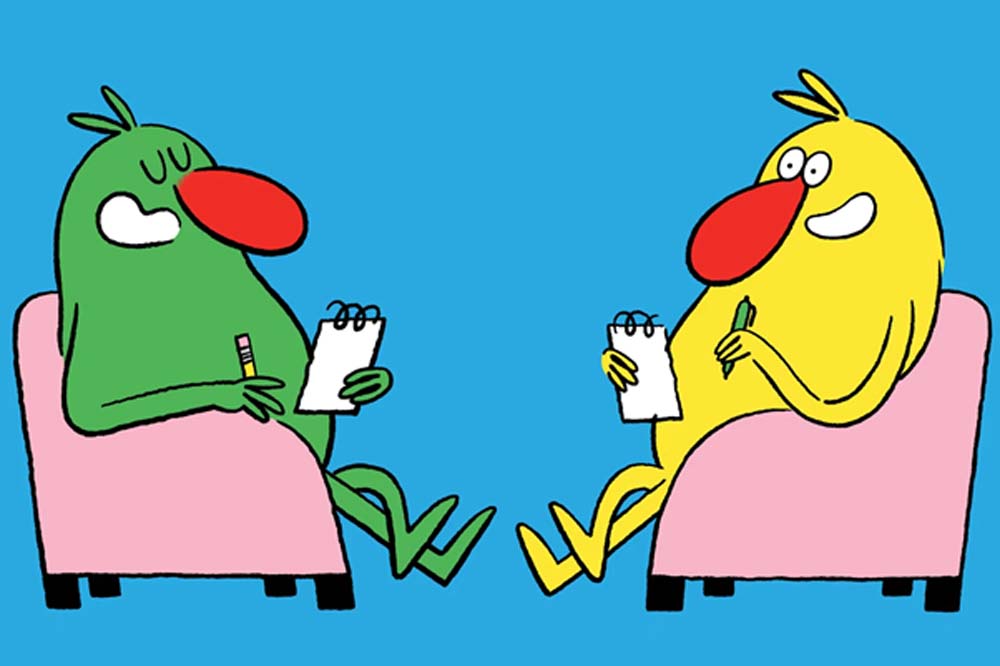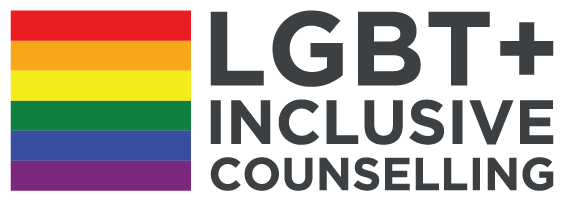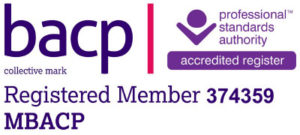Things to consider when choosing a therapist and before going to your first session:
- Think about how important it is for you to find a therapist who identifies with your lived experience. In some cases, you’re going to create a relationship more easily and quickly with someone who is similar to you, so consider whether or not that feels important.
- Consider the therapist’s style, their perspective and approach, and how they think problems are best solved. There are many different therapeutic frameworks but when we first start therapy, we often have no idea what a therapeutic framework is, so a way you can find out about their approach is by asking them: “How do you do therapy?”. Their answer will tell you how they intend to work with you.
- If you’re going into therapy with a clear intention of what you want to work on in yourself, you’re going to want a style that goes with that, but if you’re unsure about what you want to explore, you may find that different frameworks or styles could work for you.
- Also, check what sort of homework they typically suggest to clients and what activities they like to do in their sessions. Many therapists do more than just talk — they may incorporate art therapy, movement therapy, sound, healing or meditations.
- Expect to be asked about your previous experiences with therapy, what worked for you and what didn’t, and what you think your goals are for this therapy, what do you want to achieve?
- If you’ve never been to a therapist before, one way to evaluate whether a particular therapist is a good fit for you is to think about who you normally ask for help in your life — whether it’s a sibling, parent or close friend. What about that relationship and how they relate to you are most helpful to you? Some of us just need to vent, other people want feedback, other people want tools and to know what they can do next, and others want a mixture of both. If you already know what helps you, then you can know what kind of therapist you’re looking for.
- If after the first session you feel unsure you could simply try someone else, or you could give yourself six sessions to see whether they’re a good fit for you. We’re ever-evolving as people. At your first session, even though you’re feeling vulnerable, you’ll likely be the best version of you. In other words, the therapist will be in the teacher seat and you’ll be in the student seat, trying to be the best student possible. Even though you may not consciously be playing that role, it’s what most of us have internalized. Over six sessions, the therapist can observe how you fluctuate. They’ll get more information about how you handle problems outside therapy and in the real world, which can give them insight into the best ways of working with you.
- If at any point you feel that the therapist isn’t right for you — be direct. Make your exit similar to how you’d end any other relationship in your life — with respect and with transparency. In your last session, the top three things you should communicate are: 1) what didn’t work for you; 2) why you feel now is the time for you to terminate therapy with them; 3) and what you think the therapist could improve on.
When you find the right therapist, try to allow therapy to act as a model space for the rest of your life. It’s the one time and place you can be as vulnerable and as open as you want, without consequences, so you can use it to try out some of those things that are uncomfortable for you in the real world.




